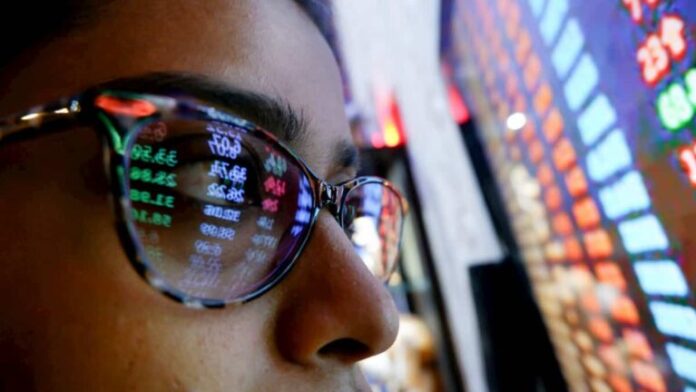Paul L.
Mark Skousen, the economist who predicted the 1987 stock market crash, is warning that, given current economic conditions, financial markets may be entering a ‘danger zone.’
Skousen cited mounting systemic risks, unstable economic policy, and eroding investor confidence as key concerns driving his outlook, he said in an interview with David Lin published on June 8.
The 1987 ‘Black Monday’ crash, in which the Dow Jones plunged 22% in a single day, remains the largest one-day percentage drop in U.S. history. Unlike later downturns, it came without a clear economic trigger.
Skousen emphasized that today’s environment could be even more difficult to navigate. While past Federal Reserve interventions, like the 40% surge in the money supply in 2020, helped avert collapse, they also stoked inflation worries.
Impact of Trump policies
The economist was critical of recent economic policies, pointing to trade wars, political dysfunction, and executive overreach undermining market confidence.
He said a particular red flag is the growing gap between rising Treasury yields and a weakening dollar, which signals what he sees as declining trust in the U.S. economy.
“Interest rates are rising, normally you would expect the dollar to rally, but it has been losing value for the last six months. This is very dangerous. <…> You are seeing this separation between the yield on the treasuries and the dollar’s value. People are losing faith in the dollar, and it’s because of this trade war. I think that’s the main factor. We are entering a danger zone,” he said.
Skousen noted that traditional safe-haven assets like gold have outperformed as uncertainty rises, which he views as a rational response to systemic risk.
He also warned that widespread reliance on leverage and fractional reserves increases vulnerability and that a major institutional failure could trigger another crisis.
With volatility building, he cautioned that policy missteps could tip markets over the edge, calling for heightened vigilance in today’s fragile financial system.
Increasing recession concerns
Skousen joins other economists warning of a potential market downturn, many pointing to lingering uncertainty from President Donald Trump’s trade tariffs. Although progress in U.S.-China trade negotiations has cooled recession fears somewhat, economists still say the risk hasn’t disappeared.
At the height of the trade tensions, institutions like JPMorgan placed recession odds for 2025 above 60%.
While those projections have since been lowered, thanks to easing geopolitical pressures, some remain pessimistic. Economist Steve Hanke, for instance, continues to place the odds of a downturn at 90%, citing the long-term economic drag of Trump-era trade policies.
Featured image via Shutterstock
